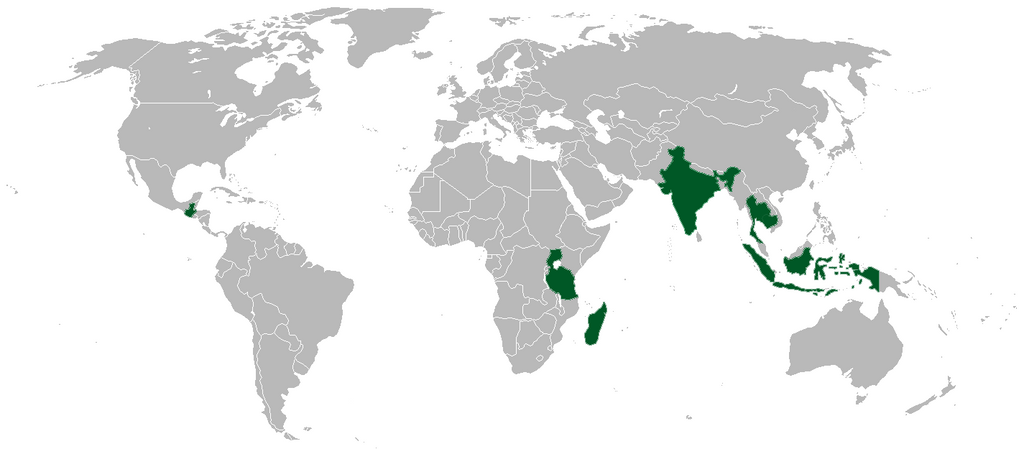Learning to Shop Ethically
Share

I had the privilege of giving a short talk last night as part of the St. Richard Episcopal Church's Theology Live series in downtown Round Rock. I wanted to share a bit of what I discussed with you guys:
Learning to shop ethically and even seeing the need to shop ethically was a slow progression for me – even as the owner of a Fair Trade Company. I understood that in purchasing a Fair Trade item that it was a good thing for the people making the item, but it’s been more of a process for me to realize that when I purchase something that is made in a sweatshop that I am also responsible for how the worker is treated to make my clothes.
So let’s kind of take a step back and look at the big picture:
When I say Fair Trade, I mean that a company has agreed to abide by the following set of ethical principles:
- There is no forced labor or child labor
- Artisans are paid a living wage for their region and work in a positive environment
- There is a long term relationship of sustainable work with artisans
- There is intentionality around the social and economic impact on their country and ours
- Profits aren’t maximized at the artisan's expense and the middlemen are eliminated in supply chains to better directly benefit the individual makers
- There is a strict nondiscrimination policy based on gender, race, caste, political affiliation or age
- There is a respect and awareness on the impact on the environment, choosing recycled and natural materials when possible
What this means often times is that the reverse of the work environment is the reality of companies who do not choose to abide by Fair Trade Principles:
- There is forced labor and child labor.
- A person could have to work 12-15 hours a day 6-7 days a week to make a living wage since the wages are so low. Often times bring their kids to work with them during the day because there’s nowhere else for their children to go.
- Manufacturing plants are moved around when a cheaper source of labor is discovered (which is what’s been happing in the move from China to Bangladesh) and placing hundreds of workers out of jobs. Even if they’re low paying, forced labor jobs, they are still jobs.
- Very little consideration goes into the social, economic, and environmental impact in either their countries or here in the US.
I’ll be the first to admit, the garment industry has made it really tough to find out how things are produced. I’ve found that when a company doesn’t quickly volunteer the information on how something is made, it’s often not a story that we want to hear. It can be unrealistic to suppose that we would spend hours and hours trying to uncover information that is buried on manufacturer’s websites.
Here are a few tips that have helped me my journey to care how things are made:
1. Start small
Begin with focusing on one item that you will educate yourself on ethically made alternatives and commit to only purchasing it from reputable sources for a year. I’d suggest shoes since the industry has come a long way in terms of design and quality. I will mention that most likely Fair Trade shoes will be more expensive than their non-ethically made counterparts – often times because the materials used are real and not synthetic. In my experience, Fair Trade lasts longer for this reason as well.
Companies to check out:
2. Start gradually
Read labels, look up your favorite brands, buy second hand, commit to buying Fair Trade when it’s a gift for someone who is traditionally tough to buy for. Small changes make a difference and don’t give up if you can’t change shopping habits cold turkey.
3. Start with a partner
Find a boutique that sources several ethically made items (hint: Anthropologie has some great brands!) or find a boutique who sources everything ethically (like Purse & Clutch - wink! - and there’s a shop called Blue Lux on S. Lamar by the Central Market with adorable items that are all fairly made). There are also some great blogs out there such as Let’s Be Fair who are candidly sharing what they’re leaning as they switch to an ethical wardrobe.
Start by stopping
About a year or two ago I told myself that I could only purchase an item of clothing if I could confidently vouch for how it was made. My spending came to a halt as I waded through brands and swapped out shopping habits. Now, I realize that I can get along just fine with owning significantly fewer items of clothing and am much more intentional about what I do buy realizing that I plan on keeping it for years and years to come.
--
What about you? What have you found to be good starting places for shopping more ethically?
